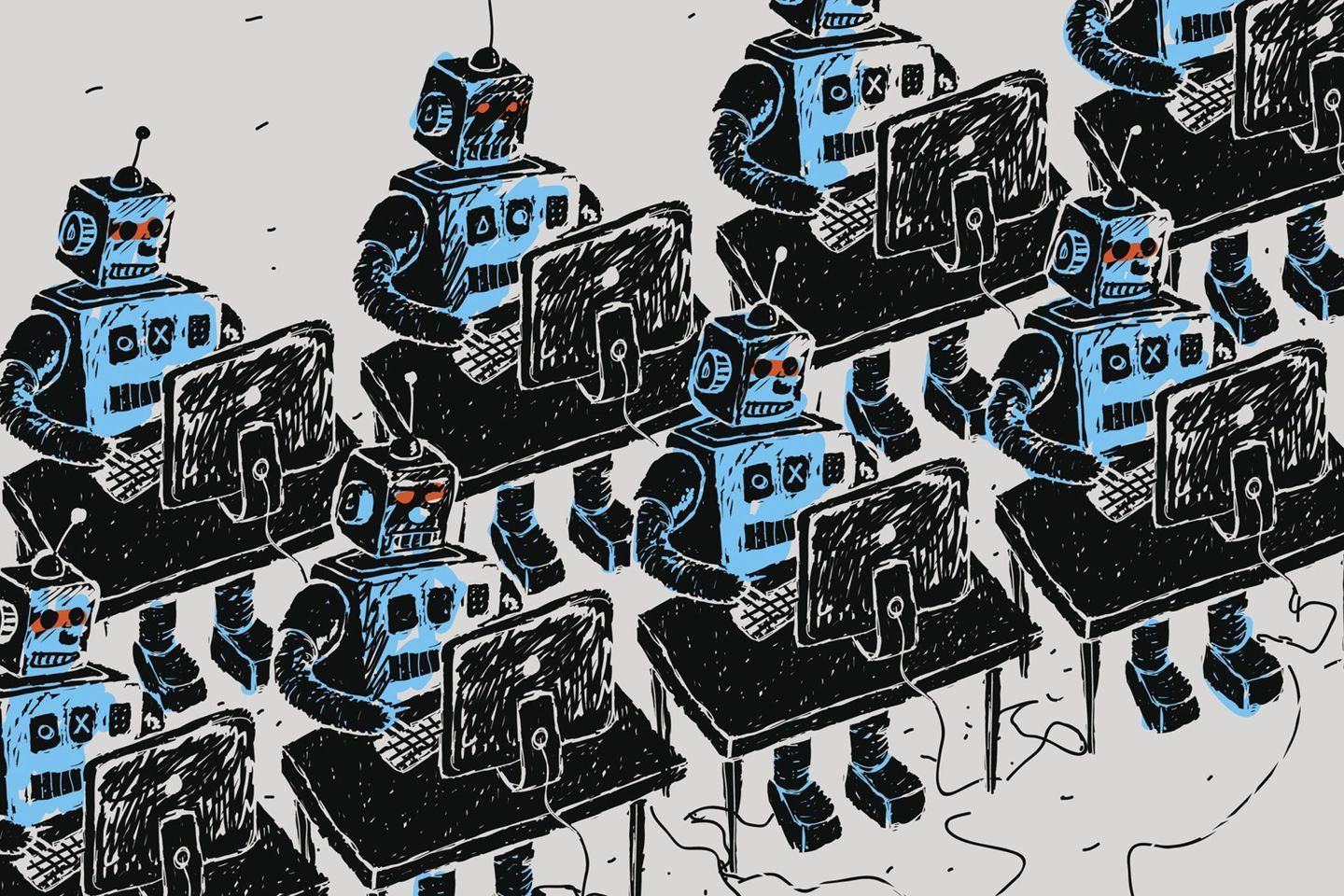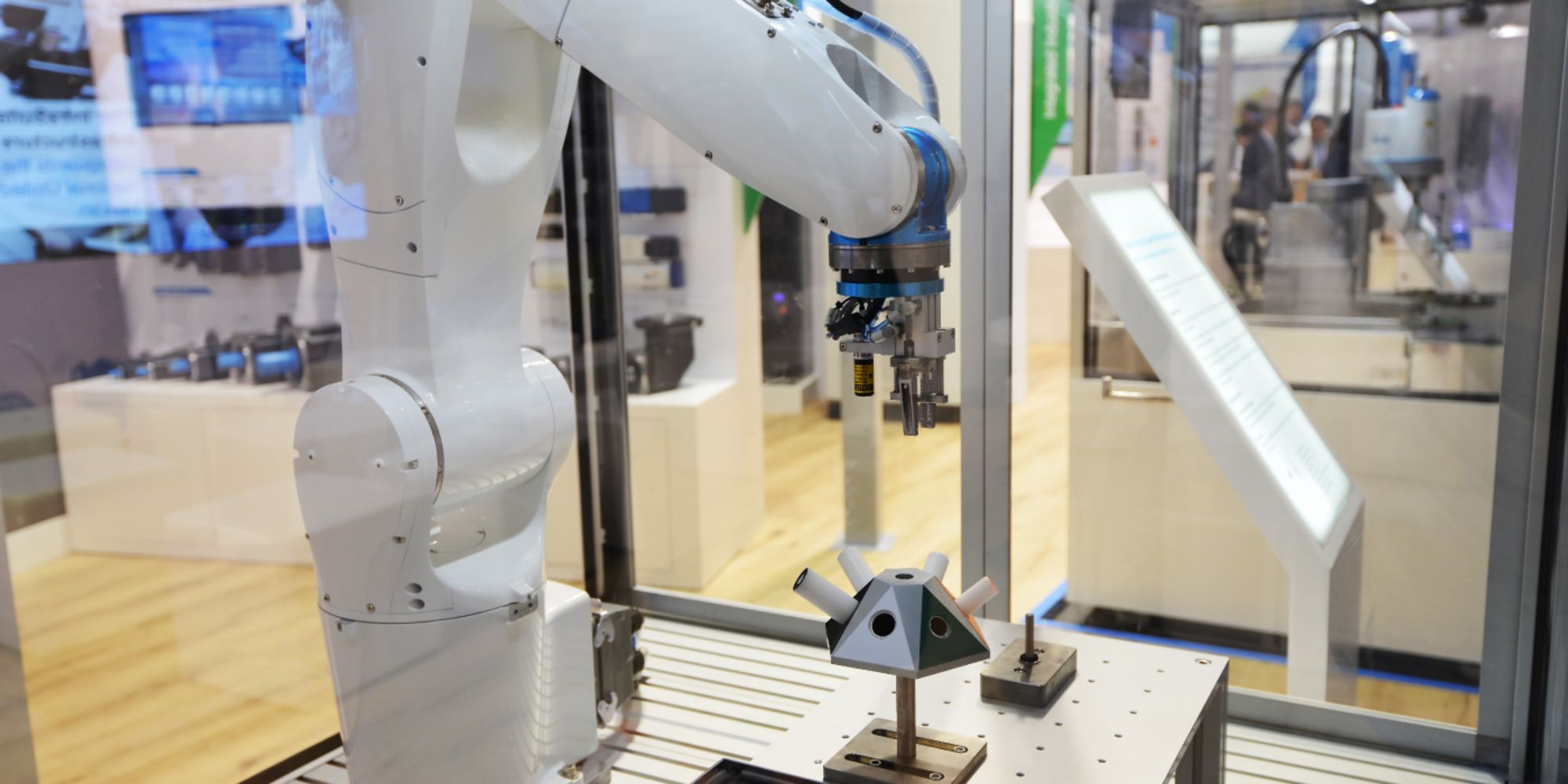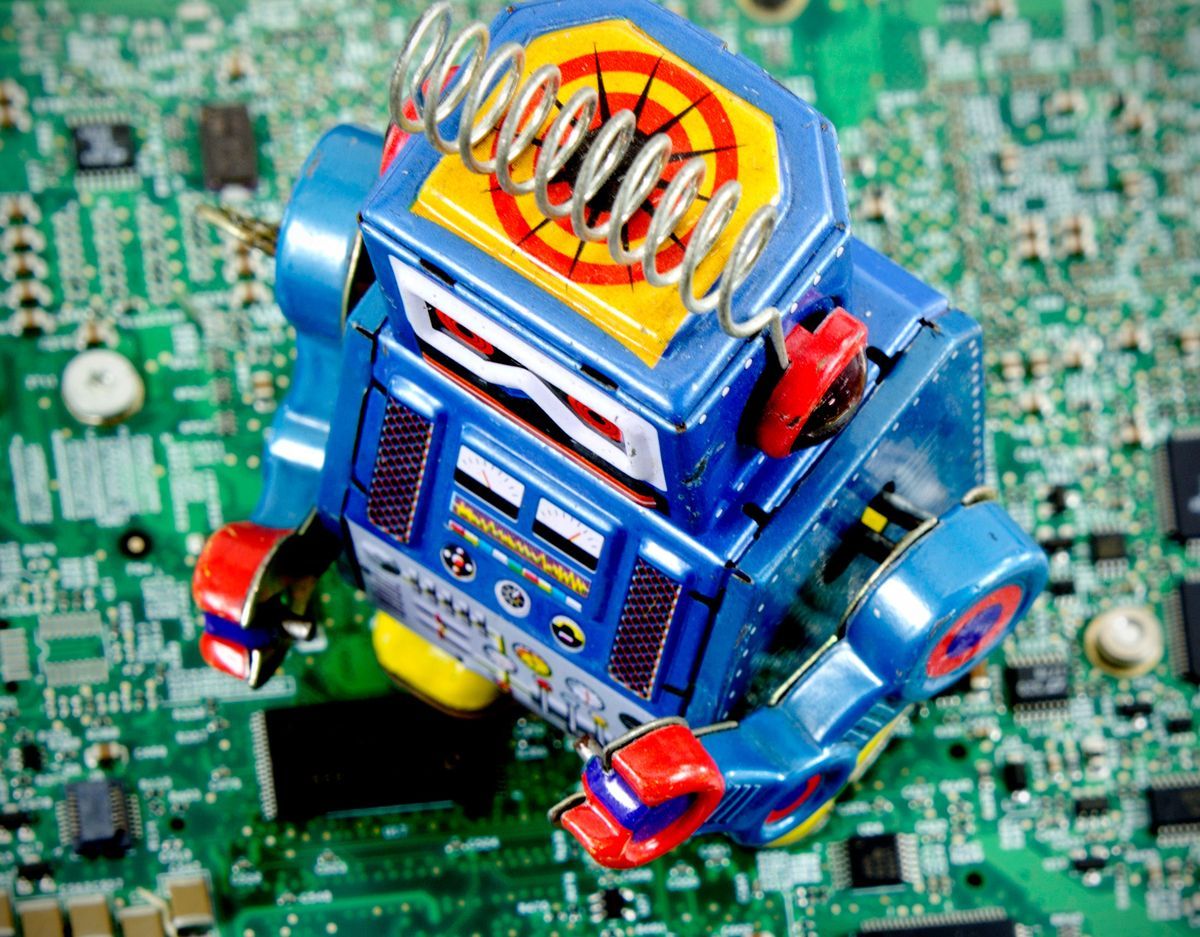Yes, this works with the financial profile of “middle class” American families.
(Tech Xplore)—RethinkX, an independent think tank that analyzes and forecasts disruptive technologies, has released an astonishing report predicting a far more rapid transition to EV/autonomous vehicles than experts are currently predicting. The report is based on an analysis of the so-called technology-adoption S-curve that describes the rapid uptake of truly disruptive technologies like smartphones and the internet. Additionally, the report addresses in detail the massive economic implications of this prediction across various sectors, including energy, transportation and manufacturing.
Rethinking Transportation 2020–2030 suggests that within 10 years of regulatory approval, by 2030, 95 percent of U.S. passenger miles traveled will be served by on-demand autonomous electric vehicles (AEVs). The primary driver of this unfathomably huge change in American life is economics: The cost savings of using transport-as-a-service (TaaS) providers will be so great that consumers will abandon individually owned vehicles. The report predicts that the cost of TaaS will save the average family $5600 annually, the equivalent of a 10 percent raise in salary. This, the report suggests, will lead to the biggest increase in consumer spending in history.
Consumers are already beginning to adapt to TaaS with the broad availability of ride-sharing services; additionally, the report says, Uber, Lyft and Didi are investing billions developing technologies and services to help consumers overcome psychological and behavioral hurdles to shared transportation such as habit, fear of strangers and affinity for driving. In 2016 alone, 550,000 passengers chose TaaS services in New York City alone.







